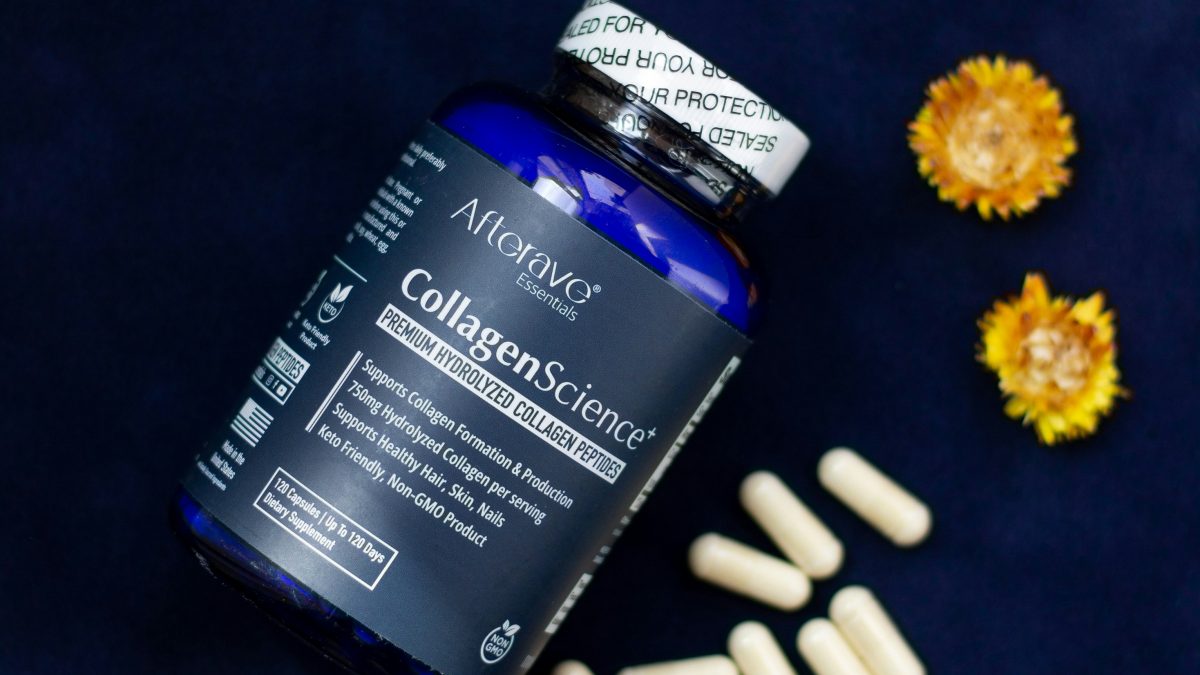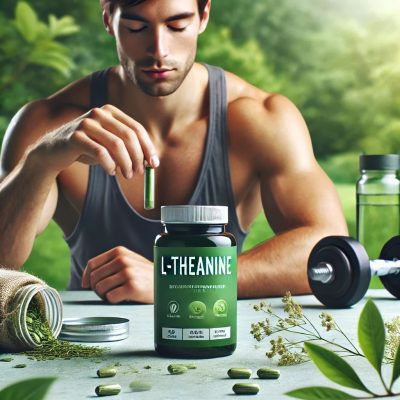
Peptides: What Are They, and Should You Be Using Them?
Peptides: What Are They, and Should You Be Using Them?
Peptides have become a hot topic in the worlds of health, beauty, and fitness. From anti-aging skincare products to muscle-building supplements, peptides are being hailed as a wonder compound. But what exactly are peptides, and are they truly good for you, or do they come with risks? Let’s explore.
What Are Peptides?
Peptides are short chains of amino acids, the building blocks of proteins. Unlike full proteins, peptides are smaller and easier for the body to absorb. This makes them highly effective in a range of biological processes, including:
- Cell signaling (helping cells communicate).
- Tissue repair and regeneration.
- Hormone production and regulation.
Peptides occur naturally in the body and can also be synthesized for various purposes, from medical treatments to athletic performance and skincare.
Types of Peptides and Their Uses
Cosmetic Peptides
- Collagen-Boosting Peptides: Found in anti-aging skincare, these peptides help stimulate collagen production, improving skin elasticity and reducing wrinkles.
- Copper Peptides: Known for their ability to heal and repair skin, reduce inflammation, and improve skin texture.
Medical Peptides
- Therapeutic Peptides: Used in medicine for treating conditions like diabetes (e.g., insulin is a peptide) and hormone imbalances.
- Antimicrobial Peptides: Fight infections by targeting bacteria, fungi, or viruses.
Fitness and Performance Peptides
- Growth Hormone Secretagogues (GHS): These peptides stimulate the release of growth hormone, promoting muscle growth, fat loss, and recovery. Examples include CJC-1295 and Ipamorelin.
- BPC-157: A peptide used for its potential to accelerate wound healing and repair damaged tissues.
The Potential Benefits of Peptides
Muscle Growth and Fat Loss
Some peptides, like GHS, help release growth hormone, which can aid in muscle building, improve metabolism, and reduce body fat.
Skin Health and Anti-Aging
Peptides are a staple in skincare because they boost collagen production, reduce fine lines, and improve skin texture.
Faster Recovery and Injury Repair
Certain peptides, like BPC-157, are associated with enhanced recovery from injuries by promoting tissue repair and reducing inflammation.
Better Sleep and Hormonal Balance
Some peptides are linked to improved sleep quality and hormone regulation, contributing to overall health and well-being.
Are Peptides Safe?
Peptides can be beneficial, but their safety largely depends on the type, usage, and source. Let’s break it down:
The Good:
- Naturally Occurring: Many peptides mimic or enhance natural processes in the body.
- Medical Backing: Certain peptides, like insulin or therapeutic peptides, are FDA-approved for specific treatments.
- Minimal Side Effects (in some cases): When used appropriately and sourced from reputable manufacturers, peptides may cause fewer side effects than other drugs or hormones.
The Risks:
- Unregulated Supplements: Many peptides sold online are unregulated, poorly manufactured, or mislabeled.
- Side Effects: Improper use can lead to side effects like nausea, water retention, joint pain, or hormonal imbalances.
- Overuse: High doses or prolonged use can disrupt natural hormone production or cause dependency.
- Injection Risks: Some peptides require injections, which can pose risks of infection if not administered properly.
Peptides: Good or Bad?
The answer depends on how and why you use them.
When Peptides Are Good:
- Medical Use: Under the supervision of a healthcare provider, peptides can treat medical conditions effectively.
- Reputable Skincare Products: Topical peptides in skincare are generally safe and effective for anti-aging benefits.
- Prescribed Fitness Peptides: If prescribed by a knowledgeable professional, they may enhance athletic performance and recovery.
When Peptides Are Bad:
- Self-Medication: Using peptides without proper knowledge or guidance can lead to misuse and adverse effects.
- Low-Quality Sources: Buying unregulated peptides online is risky and can expose you to harmful contaminants.
- Over-Reliance: Relying on peptides for performance or health improvements without addressing foundational aspects like diet and exercise is not sustainable.
Should You Use Peptides?
Before using peptides, consider the following:
- Consult a Professional: Speak with a doctor, dermatologist, or qualified practitioner to ensure safety and suitability.
- Research Reputable Sources: Only purchase peptides from trusted suppliers with third-party testing.
- Weigh the Benefits and Risks: Determine if the potential benefits outweigh the risks for your specific goals.
The Bottom Line
Peptides are a fascinating area of science with immense potential to enhance health, beauty, and performance. While they offer numerous benefits, they are not a one-size-fits-all solution and should be approached with caution. Used responsibly and with professional guidance, peptides can be a valuable tool—but they are not a substitute for a balanced diet, regular exercise, and a healthy lifestyle.











